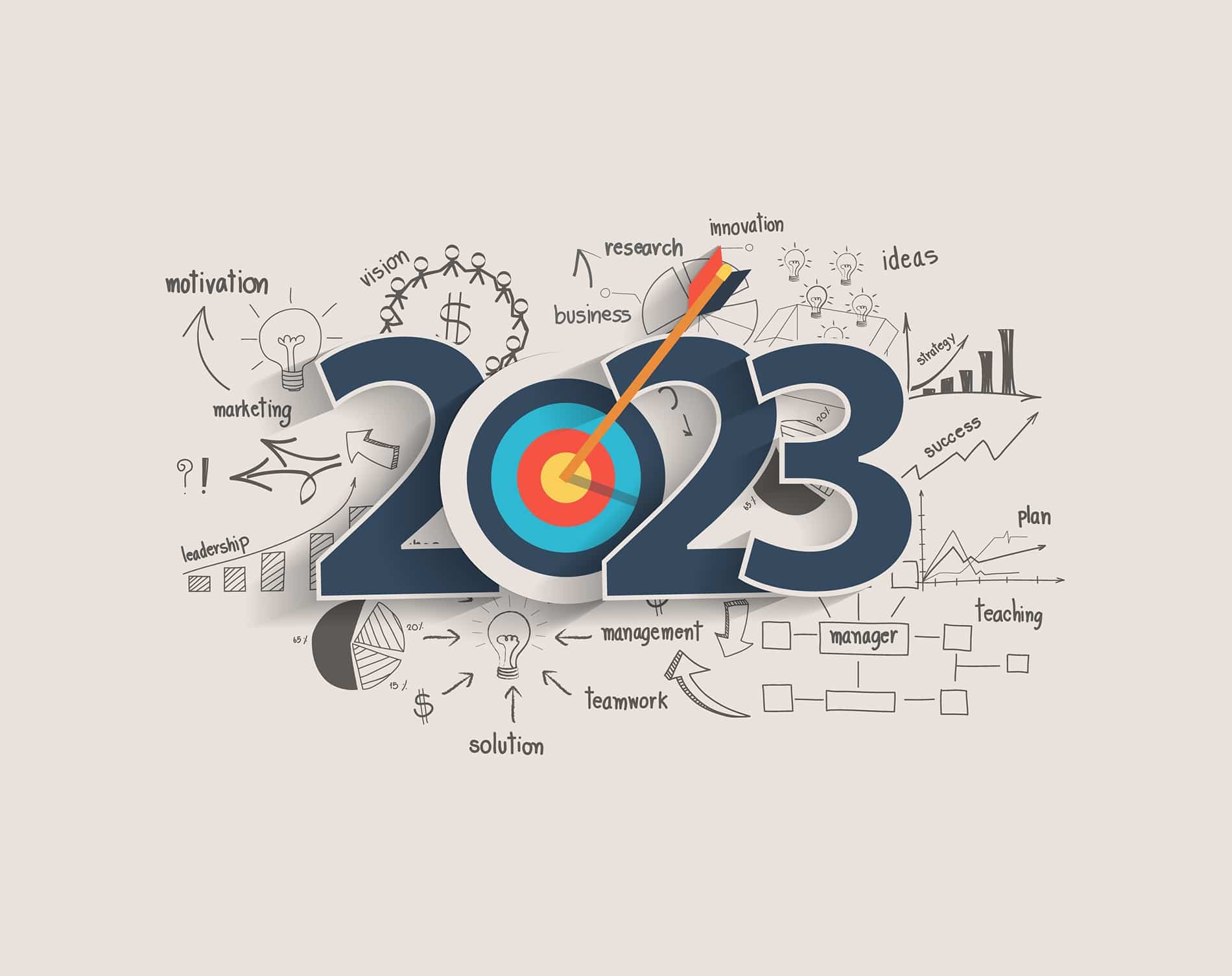5 ITSM Trends to Watch in 2023
 As 2022 comes to a close, it's time to start looking ahead to what next year—and beyond—has in store for the world of IT Service Management (ITSM). Here are four ITSM trends that we believe will have a major impact on the service management industry in 2023 and beyond.
As 2022 comes to a close, it's time to start looking ahead to what next year—and beyond—has in store for the world of IT Service Management (ITSM). Here are four ITSM trends that we believe will have a major impact on the service management industry in 2023 and beyond.
1. Increasing Focus on Customer Experience
In recent years, there has been a shift in focus from traditional IT Service Management (Ticketing, Change Management, Asset Management, etc.) to becoming more customer-centric. This trend is only going to continue in the years to come as companies increasingly compete on the basis of customer experience. As a result, ITSM tools and platforms will need to place a greater emphasis on automating and streamlining workflows to provide a better experience for customers. By investing in automation and integration as part of your ITSM toolset, you can help reduce ticket volumes and automate processes like password resets or name changes. This, in turn, can reduce wait times and friction your customer may experience when seeking service. And faster resolution generally results in happier customers.
2. Expansion of Automation
Automation has been a major focus in the ITSM space for some time, but experts predict it will become even more important in 2023 and beyond. As technology advances, companies are increasingly leveraging automation to increase efficiency and reduce human intervention. Automation is also becoming more accessible as cloud-based solutions make it easier to deploy and manage automated processes. And while automation can be helpful when natively part of your ITSM platform – it can be limiting when trying to automate beyond ticket workflows. That’s where an enterprise integration and automation tool like iPaaS can be helpful. When you combine your ITSM platform with iPaaS you can supercharge your service delivery by integrating and automating processes throughout your entire organization – not just your IT help desk.
3. Emergence of Low-Code/No-Code Platforms
Low-code and no-code platforms have been gaining traction in recent years as a way for businesses to create custom applications without the need for coding skills or reliance on IT. This trend is expected to continue as more companies look for ways to accelerate digital transformation initiatives. Low-code/no-code platforms offer a number of benefits for ITSM, including increased agility, faster time-to-value and reduced costs. In addition, codeless platforms can be a great way to help usher in Enterprise Service Management (ESM) and reduce integration backlogs within your organization. With a codeless platform for ESM, departments like marketing, finance, HR and facilities can quickly create their own portals and workflows without needing to bog down IT resources.
4. Increased Adoption of Artificial Intelligence and Chat
AI is increasingly being used in a variety of industries. AI-driven solutions can automate mundane tasks, provide tailored insights and recommendations, and help IT teams better anticipate user needs. As the technology becomes more reliable and accessible, experts predict that more companies will adopt AI-driven solutions in the next few years. One area of emergence is the use of conversational AI to help drive better self-service outcomes. With the use of conversational AI to power chat on service portals – organizations are creating better user experiences and interactions with the goal of deflecting people from calling into or contacting overwhelmed IT help desks.
5. End-to-End Integration
ITSM platforms have traditionally been implemented as stand-alone solutions. However, this is changing as organizations look for ways to break down silos and get a more holistic view of their IT environment. End-to-end integration using a tool like iPaaS with your ITSM will become increasingly as businesses strive for greater agility and efficiency in both their IT operations and their business operations as a whole. As we move into 2023, these are four ITSM trends that we believe will have a major impact on the industry. From an increased focus on customer experience to the emergence of low-code/no-code platforms, AI and chat and end-to-end integration, it's clear that IT Service Management is undergoing a major transformation. As these trends continue to evolve, businesses need to be prepared to adapt their ITSM strategies accordingly in order to stay ahead of the curve. Want to learn more about supercharged ITSM and how it can set you up for success in 2023 and beyond? Check out:
- How Automation Has Changed IT Service Management
- Supercharge Your ITSM / ESM with Automation and Integration
- No-Code Automation Reducing Toil, Improving IT Service Delivery